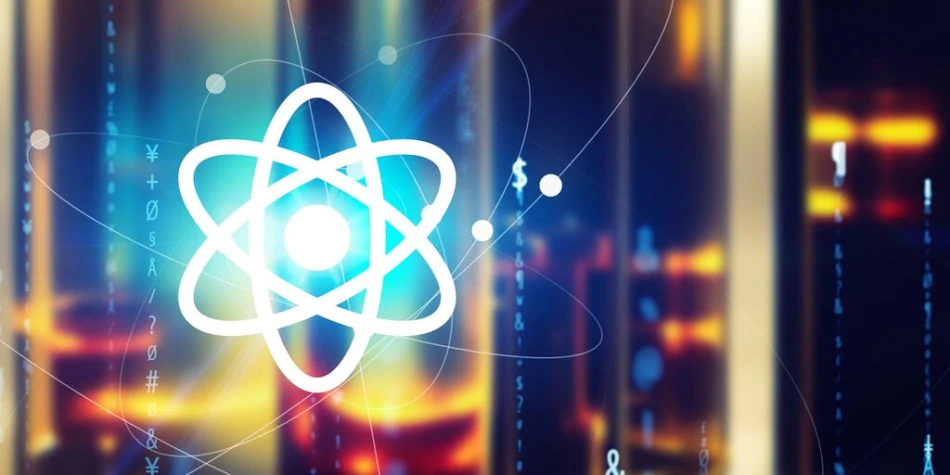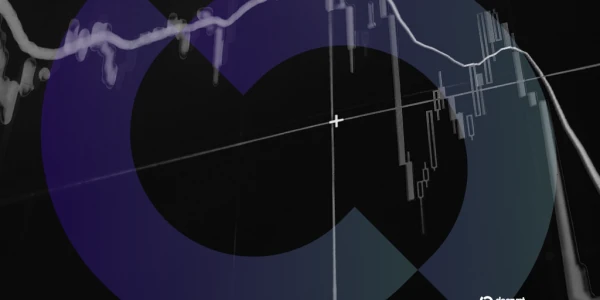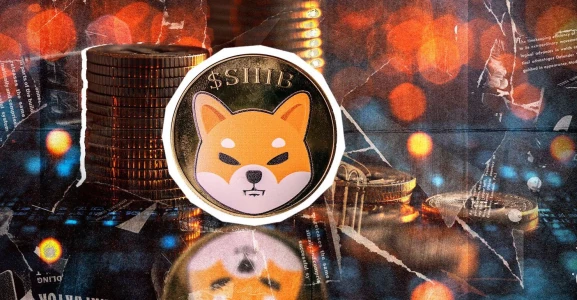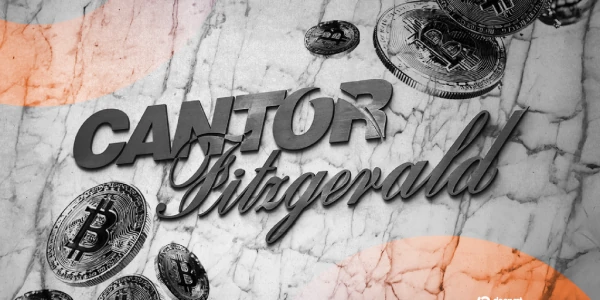
Is Free Will an Illusion? Quantum Experiments Aim to Find Out
Scientists are exploring whether quantum mechanics can confirm the existence of free will, a concept deeply embedded in Western philosophy.[...]
Unraveling the Mysteries of Free Will: Quantum Physics Experiments Shed Light on an Age-Old Question
Researchers are closing in on a groundbreaking discovery that could challenge our understanding of free will. A report published in New Scientist reveals that quantum experiments are being designed to test the "measurement independence assumption," which proposes that hidden variables do not influence experimenters' choices. This could potentially prove or disprove the existence of free will.
The concept of free will has deep roots in Western thought, from Aristotle's philosophy to Christian theology's emphasis on moral responsibility. But the debate has intensified as scientists explore quantum mechanics and the strange phenomena of quantum entanglement.
According to University of Seville Professor Adán Cabello, the conflict between an omniscient God and the commandment against sin hinges on partial free will. "But if partial free will is not possible, neither is this resolution," Cabello wrote in the report.
Key Insights from the Research
- The experiments build on Bell's inequality, a principle introduced by physicist John Bell in 1964 to test whether entangled particles exhibit correlations unexplainable by classical physics.
- By relaxing the assumption of measurement independence, researchers aim to determine if quantum entanglement's non-local correlations stem from fundamental quantum mechanics or hidden influences.
While free will remains philosophically debated, this research expands Bell's theorem by examining scenarios with partial free will. As University of California at San Diego philosophy professor Eddy Chen explains, this doesn't weaken the argument but broadens its implications.
"They're not saying we lack free will. Even with partial free will, the theorem still applies," Chen said. "Bell's theorem holds not just for full freedom, but also for universes with partial freedom—local interactions alone can't produce quantum predictions."
Though quantum experiments may not settle the free will debate, they're reshaping our understanding. Even minimal choice, researchers suggest, complicates simple explanations. The real question may not be whether free will exists, but how much of it we truly possess.
Most Viewed News








